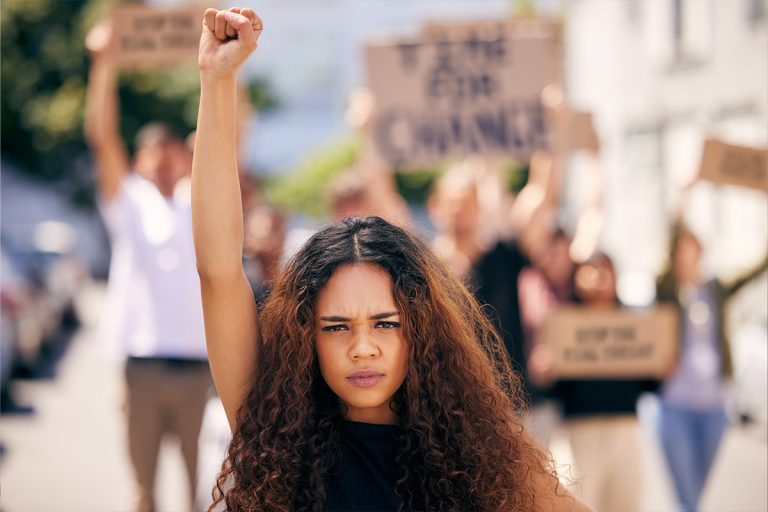Since the Korean War, over 200,000 Korean infants have been adopted internationally, with the actual figure considerably higher when accounting for domestic and closed adoptions. In the early stages of international adoption, the majority of children sent abroad were of mixed race. Alarmingly, even those being raised by their mothers were often placed for adoption solely due to their mixed heritage.
By the 1970s, as Korea experienced economic growth, the nuclear family model became increasingly idealized, reinforcing the stigmatization of unwed mothers. Consequently, the focus of adoption shifted from mixed-race children to the children of unwed mothers. Furthermore, as adoption fees became a lucrative source of revenue, babies of unwed mothers, children from impoverished families, and lost children from the streets were labeled as “orphans” and forcibly removed from their families of origin. Throughout the 1970s and 1980s, these children were placed into both domestic and international adoptions, resulting in their widespread separation from their birth families.
The 1988 Seoul Olympics brought South Korea to the world’s attention, leading to heightened scrutiny of the nation’s adoption practices, which in turn contributed to the perception of Korea as a “country that sells babies.” While adoptions have slowly declined since then, a large number of children are still sent for adoption both domestically and internationally, depriving them of the right to know and be raised by their birth families. Notably, the fact that nearly all adopted children are the children of unwed mothers highlights a critical area of concern within the adoption landscape.
In 2008, the first advocacy movement for the rights of unwed mothers was initiated in Korea by Dr. Richard Boas, an American adoptive father who raised a Korean girl in the U.S. The movement gained further momentum in 2009 when unwed mothers themselves joined the cause.
While these campaigns have made significant progress in reducing the stigma associated with unwed motherhood, many women continue to encounter precarious circumstances as they navigate the challenging decision between raising their children and surrendering them for adoption. With insufficient support systems in place, unwed mothers confront the harsh realities of poverty should they choose to keep their children, while they may experience profound loss and guilt if they decide to relinquish their children for adoption.
Adding to these challenges, the Protected Birth Bill of South Korea, effective as of July 19, 2024, allows pregnant women in crisis, primarily those who are unwed or deprived of resources to raise a child, to have anonymous births and legally abandon their newborns. Given the absence of a comprehensive policy to assist women throughout pregnancy and parenthood, there are growing concerns that this legislation will lead to an increase in abandonment of infants.
This context serves as a foundation for the establishment of the Unwed Mothers Initiative for Archiving and Advocacy (UMI4AA). It is essential to recognize and document all aspects related to unwed mothers. Our mission aims to confront the dominant narrative that views unwed mothers merely as welfare recipients; instead, we strive to reshape this perspective by examining historical references and literature and exploring their experiences through a human rights lens. We also seek to uncover how societal stigma has been constructed, transformed and politicized, and to generate new discourse and knowledge on unwed motherhood. As part of this, we archive and share materials related to unwed mothers (articles, stories, photographs, dramas/movies, academic materials, etc.) with the public. We also hold seminars, workshops, call for papers, and conferences to bring the topic of unwed mothers into the public discourse.
We advocate for the reproductive rights of non-married and impoverished women, the right of these mothers and their children to remain together, and, in instances where separation is unavoidable, the right of children to know their families of origin.
The support, interest, and participation of individuals from all walks of life will be invaluable in this endeavor. We invite you to join us in the pursuit of a more just society.
Hee Jung Kwon
Director, Unwed Mothers Initiative for Archiving and Advocacy

